WINTHROP — The town’s new mooring ordinance has officially gone into effect as of Thursday, but some residents are left feeling unfairly targeted by the rules.
The ordinance prohibits anyone who does not own shorefront property from setting anchor in any body of water in town within 200 feet of the shoreline. While it went into effect Thursday, those who already have moorings out on the lakes and ponds that are now considered illegal under the new rules will have until July 6 to remove them.
Michael Ketchen, whose family has lived in the town for nearly 50 years, said he is among a group of boaters who placed moorings along Maranacook Lake over five years ago. He said he was not aware of any issues until the Town Council passed the ordinance in March.
“The moorings do not litter the area, cause a problem for swimming or walking dogs, or cause navigation problems for the lake; all points that I heard brought up at the discussion,” said Ketchen, who co-owns Dave’s Appliance on Central Street.

Come July, he and nearly a dozen other boaters will have to use the dock or slip at Norcross Point in Maranacook Lake. Winthrop resident Jim Steele said this leaves the vessels far more susceptible to damage or vandalism.
The 90-day grace period to remove existing mooring balls was intended as a gesture of goodwill toward people who have had them in local waters for a long time, Town Manager Jeff Kobrock said. But the intentions behind the change, and the process by which it is occurring, have instead caused frustration.
NORCROSS POINT
The Town Council first introduced the ordinance in August to address issues regarding moorings with property owners, public unregulated properties and private parking, according to meeting minutes.

Ketchen and Steele said the council did not hold a workshop regarding the ordinance, and instead voted unanimously to pass it last month. But Kobrock said the council has advertised and held three formal public discussions on the matter — in August, September and March — and that they made a point to actively listen to everyone affected.
Councilor Anthony Wess explained that the policy would help the town avoid having to hire, and pay, a harbormaster.
But the presence of large signs in the Norcross Point area alerting boaters not to drop moorings into the lake has Steele, Ketchen and others with moorings there feeling that they’re being required to make way for a larger redevelopment of the area. There are no signs up elsewhere in town, Kobrock confirmed.
Winthrop’s redevelopment plan for Norcross Point and the nearby public beach includes exploring a public-private partnership to replace the mooring field with floating docks. The creation of a mooring ordinance was also suggested in the draft plan for that project, which is available on the town website.
Kobrock acknowledged the mooring ordinance is related to the Norcross Point redevelopment, but said it’s one of many parts of the large project.
“Yes, it’s inter-related, but I wouldn’t consider the moorings in that cove or any other mooring problems that there are throughout town to be a major element of the Norcross redevelopment,” he said. “The Norcross redevelopment is really an attempt to refresh a heavily used and very much beloved public recreation area.”
The ordinance was an evolution of a topic that came about by the growing number of moorings at the foot of the lake, he added.
“There are a lot of them, and they grew in number every year for several years,” he said, “and it’s an extraordinarily public part of the lake. There are few other areas of the lake that are this easily observed by the general public.”
Kobrock said that while the discussions started around the cove adjacent to Norcross Point, they evolved after hearing similar concerns from residents near other lakes.
The presence of up to 20 moorings in certain areas also has had an unclear impact on water quality and the presence of invasive plants, such as milfoil.
“The impression I was left with was that this is a very shallow area, and having that kind of activity in a shallow area certainly disturbs the sediments, and that’s not a good thing for any lake, and it’s not anything that you want to promote,” said Kobrock, recalling a public meeting in August at which officials from the Department of Agriculture and Friends of the Cobbossee Watershed weighed in.
But Ketchen said that when he reached out to the Department of Inland Fisheries & Wildlife before placing his mooring in 2016, he was told that there were no laws prohibiting moorings in a state-owned lake or pond as long as they were 20 feet from the shore. He said he doesn’t move his boat from lake to lake, one of the primary ways milfoil spreads.
NEXT STEPS

Jim Steele is seen Tuesday at the south end of Maranacook Lake in Winthrop. Joe Phelan/Kennebec Journal
Ketchen, Steele and other boaters are now turning their efforts toward finding a compromise with the town, whether that involves registering moorings with the town, having a mooring limit at the Norcross Point location or paying an annual fee.
At Monday’s council meeting, officials did not show interest in revisiting the issue, as the ordinance is already passed and in effect.
Steele on Tuesday said he hopes they don’t have to resort to creating a petition for the issue to be brought to voters, and instead would prefer to “handle it decently with the Town Council” by setting up a meeting or a workshop where residents are not restricted to two minutes of speaking time.
“That’s what we hope to get out of the next meeting,” said Ketchen, “if they would grant us a meeting. The town would stand to make more money from registration fees for the moorings than they collect from the dock system over there, because most of the people don’t bother to pay it at all.”

Mike Ketchen is seen Tuesday at the south end of Maranacook Lake in Winthrop. Joe Phelan/Kennebec Journal
Kobrock said setting up systems to register and permit moorings would be costly, though.
“It was felt that we didn’t have a significant enough problem with moorings that it justified that kind of expense,” he said. “To set up systems like that is a significant capacity issue for a town the size of Winthrop. So the council heard all of that and in the end tried to regulate as little and as lightly as possible.”
Those who would like to see the ordinance altered would need to collect 752 signatures — equal to 25% of residents who voted in the last gubernatorial election — in order for it to appear on a referendum ballot.
As it stands, Steele and Ketchen aren’t convinced that the ordinance was necessary, and believe that resorting to the docks at the park will likely lead to more problems.
“Everybody here has always been super courteous,” Steele said. “There was not one complaint down here versus there were a ton of complaints over here on the dock of damage and vandalism. If I have (a mooring) out here, not too many people are going to wade all the way out there.”
Send questions/comments to the editors.

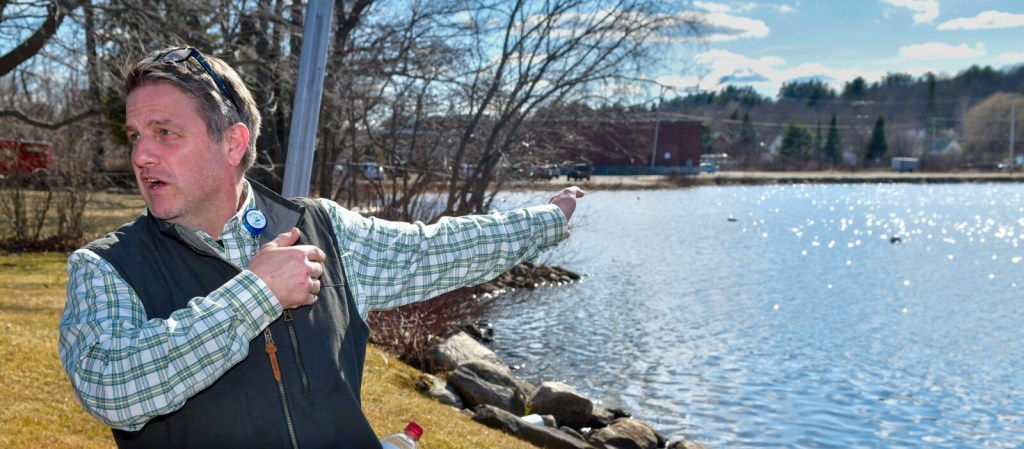
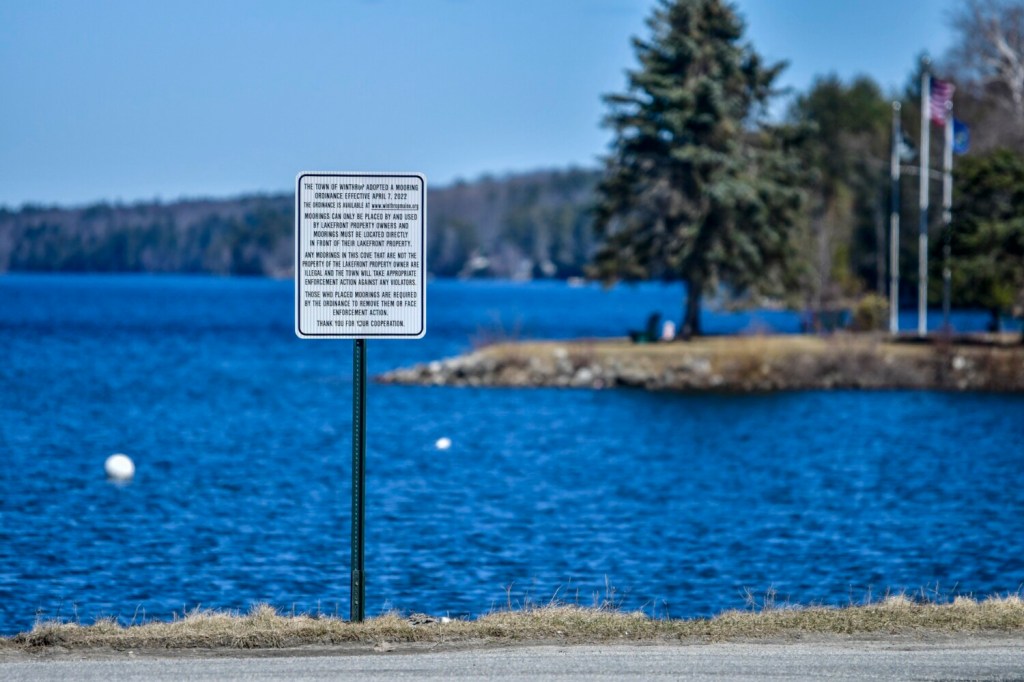
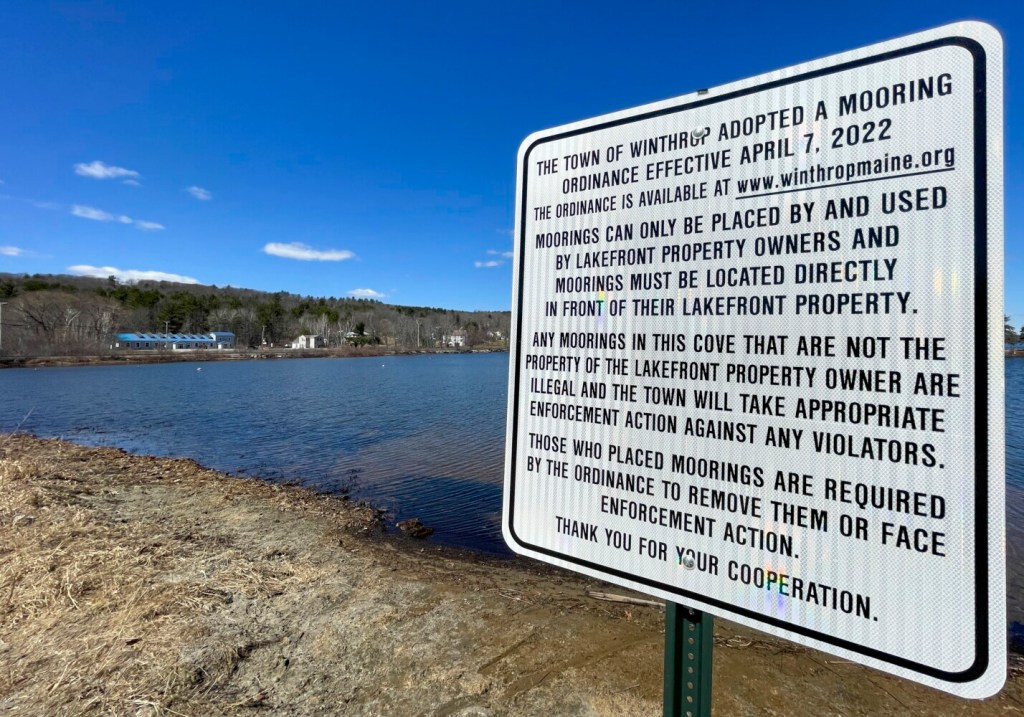
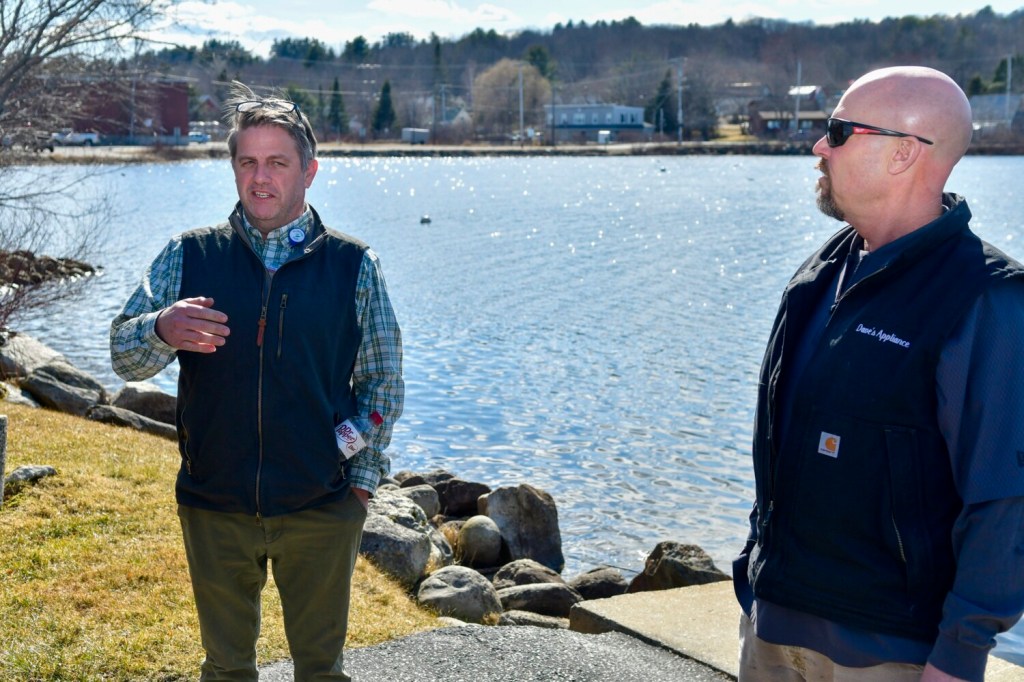
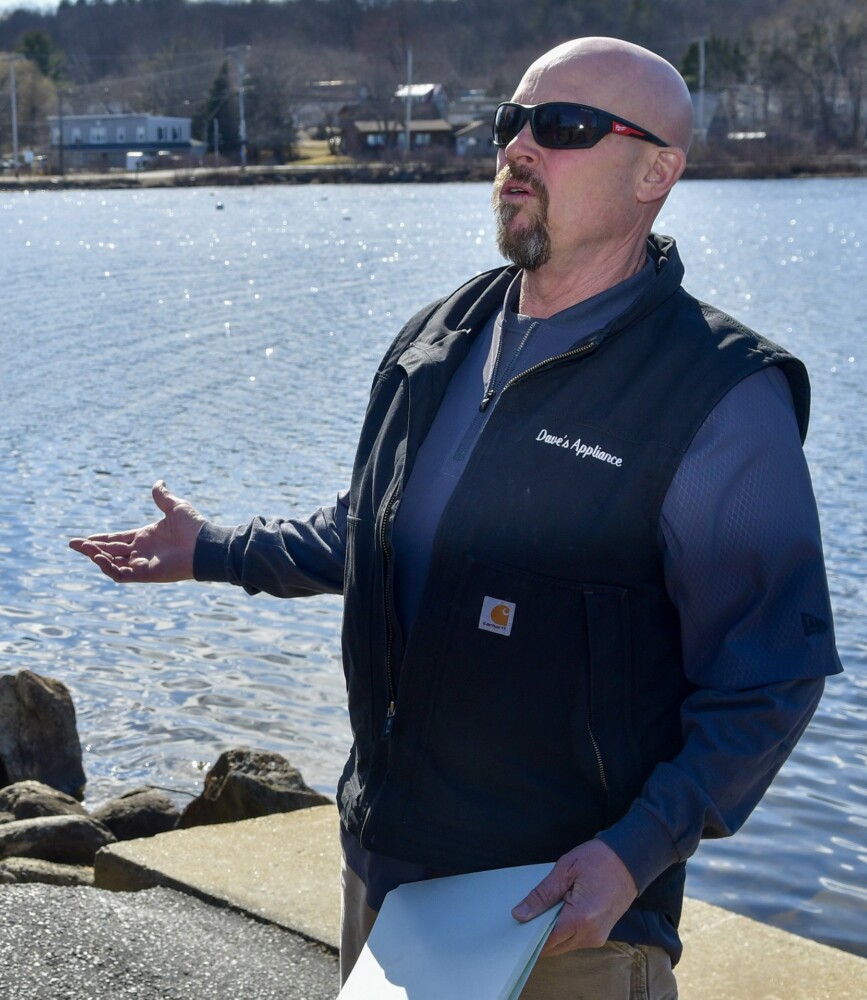

Comments are no longer available on this story